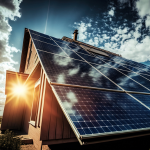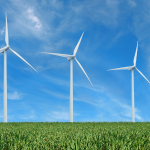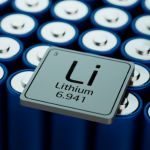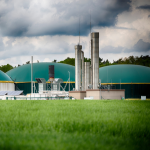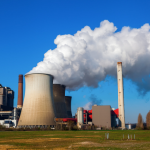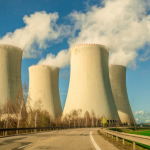Learn Everything About Clean Energy & More!
Check out our free energy glossaries and learn everything related to yoga!
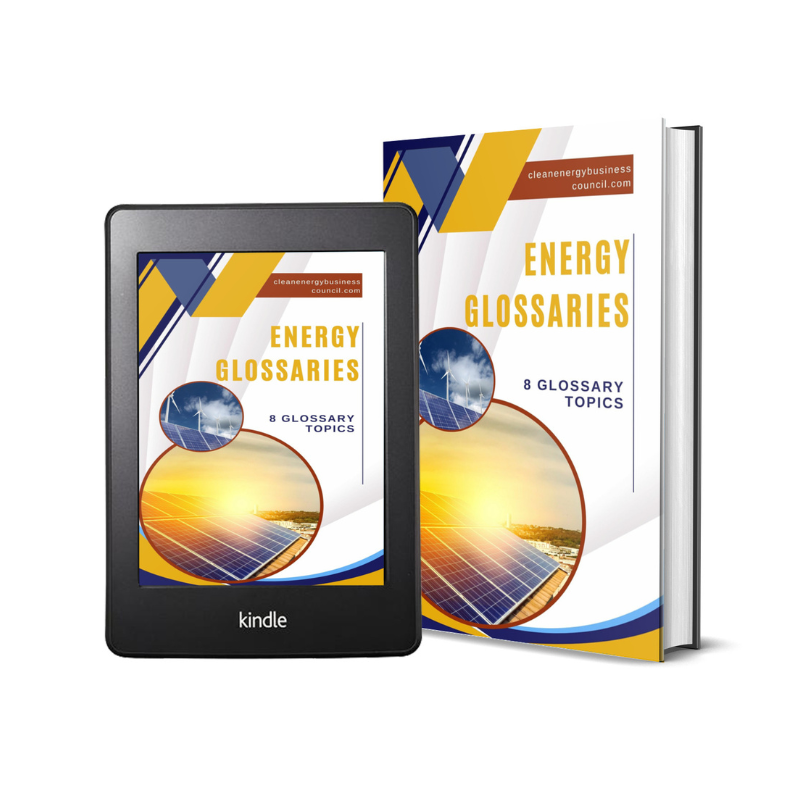
Energy Glossaries
Some Recent Energy Glossary Articles
Gas Transportation – Definition & Detailed Explanation – Fossil Fuels Glossary Terms
I. What is Gas Transportation? Gas transportation refers to the process of moving natural gas from its source to various locations where it is needed for consumption. Natural gas is a vital energy source that is used for heating, cooking, electricity generation, and industrial processes. It is a cleaner and more efficient alternative to other … Read more
Inverter – Definition & Detailed Explanation – Solar Energy Glossary Terms
I. What is an Inverter? An inverter is an essential component in a solar energy system that converts the direct current (DC) electricity generated by solar panels into alternating current (AC) electricity that can be used to power household appliances and devices. Inverters play a crucial role in the efficiency and functionality of solar energy … Read more
Fossil Fuel Legislation – Definition & Detailed Explanation – Fossil Fuels Glossary Terms
I. What is Fossil Fuel Legislation? Fossil fuel legislation refers to laws and regulations put in place by governments to control the extraction, production, distribution, and use of fossil fuels such as coal, oil, and natural gas. These laws are designed to address the environmental, social, and economic impacts of fossil fuel consumption and to … Read more
Biomass Combustion Technology – Definition & Detailed Explanation – Biomass Energy Glossary Terms
I. What is Biomass Combustion Technology? Biomass combustion technology is a method of generating energy by burning organic materials, such as wood, crop residues, or animal waste. This process releases heat, which can then be used to produce electricity, heat buildings, or power industrial processes. Biomass combustion technology is considered a renewable energy source because … Read more
Anti-Reflective Coating – Definition & Detailed Explanation – Solar Energy Glossary Terms
I. What is Anti-Reflective Coating? Anti-reflective coating, also known as AR coating, is a thin layer of material applied to the surface of a solar panel to reduce the amount of light that is reflected away. This coating is designed to increase the amount of light that is absorbed by the solar panel, thereby improving … Read more
Solar Reflectance Index (SRI) – Definition & Detailed Explanation – Solar Energy Glossary Terms
I. What is Solar Reflectance Index (SRI)? Solar Reflectance Index (SRI) is a measure of the ability of a material to reflect solar heat. It is a numerical value that ranges from 0 to 100, with higher values indicating a greater ability to reflect solar radiation and lower values indicating a greater ability to absorb … Read more
Water Footprint – Definition & Detailed Explanation – Hydroelectric Power Glossary Terms
I. What is a Water Footprint? A water footprint is a measure of the total volume of freshwater used to produce goods and services consumed by an individual, community, or organization. It takes into account both direct and indirect water use, including water used in the production process, as well as water used for irrigation, … Read more
Battery Energy Storage System (BESS) – Definition & Detailed Explanation – Battery Technology Glossary Terms
I. What is a Battery Energy Storage System (BESS)? A Battery Energy Storage System (BESS) is a technology that stores energy in the form of electricity and releases it when needed. It consists of one or more batteries, a battery management system, and an inverter. BESS is used to store excess energy generated from renewable … Read more
Nuclear Non-Proliferation Treaty (NPT) – Definition & Detailed Explanation – Nuclear Energy Glossary Terms
I. What is the Nuclear Non-Proliferation Treaty (NPT)? The Nuclear Non-Proliferation Treaty (NPT) is an international treaty aimed at preventing the spread of nuclear weapons and promoting peaceful uses of nuclear energy. It was opened for signature on July 1, 1968, and entered into force on March 5, 1970. The NPT is considered the cornerstone … Read more
Wind Energy Penetration – Definition & Detailed Explanation – Wind Energy Glossary Terms
I. What is Wind Energy Penetration? Wind energy penetration refers to the amount of wind energy that is integrated into the overall energy system of a region or country. It is a measure of how much wind power is being utilized compared to other sources of energy such as coal, natural gas, or nuclear power. … Read more
